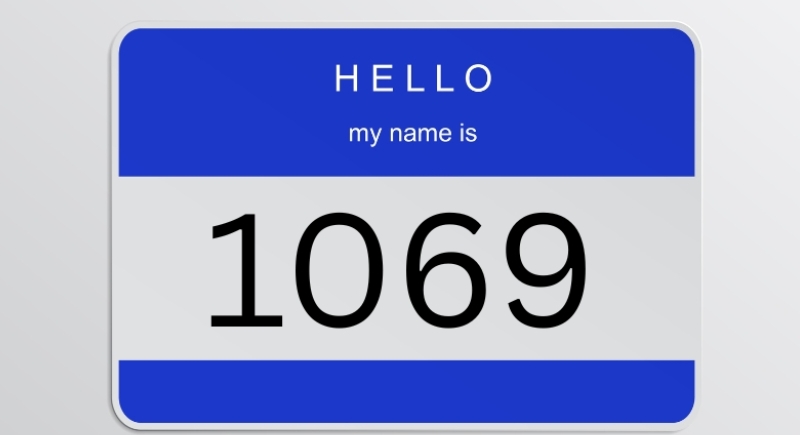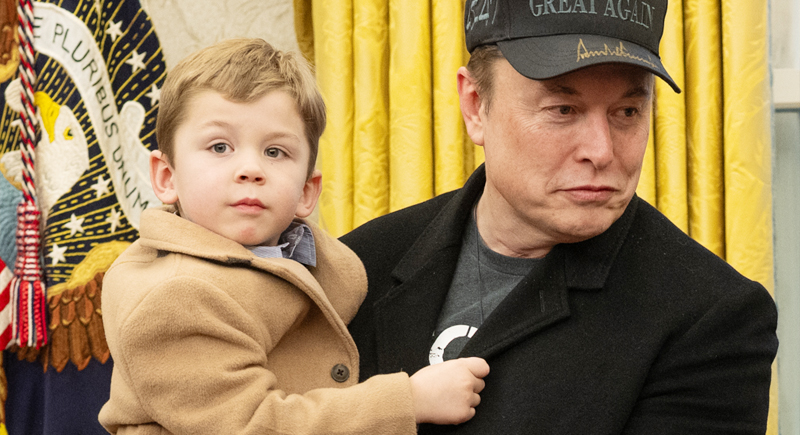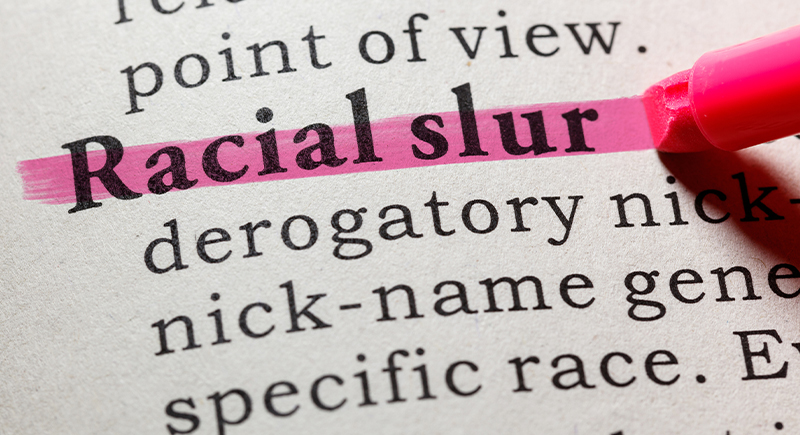Baby Names That Are Actually Illegal in the United States
Most Americans assume they can name their child anything they like, but every state has limits. Some names get blocked for practical reasons, while others are prohibited for legal or cultural purposes. States often intervene when names break formatting rules, confuse public systems, or stir public controversy. However, there’s no national banned list, so outcomes vary depending on where you live.
Even so, here are a couple of names that have all been refused by courts or agencies.
Messiah

Credit: pexels
A Tennessee magistrate once ruled that a baby couldn’t be named Messiah because they claimed that the title belonged to Jesus. However, the parents challenged the ruling and won. A higher court reversed the decision, and the judge was removed for basing a legal ruling on her personal beliefs.
1069

Credit: Getty Images
Michael Dengler asked to legally change his name to 1069. But the authorities in North Dakota and Minnesota denied the request and stated that names should contain letters as opposed to numbers. This is because numeric names conflict with legal databases and identification systems. Dengler argued the digits held personal significance, but the court’s concern was administrative.
Jesus Christ

Credit: Getty Images
If someone named their child Jesus Christ, it could result in errors in public records and spark strong reactions in certain communities. For this reason, several judges in the United States have blocked parents from using the name and pointed to the risk of misunderstanding, administrative complications, and religious backlash.
@ (Pronounced “At”)

Credit: Canva
In the early 2000s, a parent tried to give their child the @ symbol as a legal name. The request was denied because state data systems cannot process symbols, which makes record keeping, identification, and legal filings problematic. Its widespread use in internet culture made no difference, as records still require alphabetic characters to function properly.
III (Roman Numeral Three)

Credit: pexels
Names must appear in standard written form so they can be processed consistently across government databases and agencies. The lack of uniformity does not go well with automated systems, which can misread or reject entries and create errors in legal, medical, and financial records. In California, this rule led a court to block a man’s request to change his name to “III,” the Roman numeral for three.
Majesty

Credit: iStockphoto
While it may sound unique, Majesty is banned in states such as New Jersey and California. State agencies restrict names that imply nobility or official rank, which groups Majesty with others like King and Queen. Officials argue that titles in names can be mistaken for authority or status not actually held, which can complicate record-keeping.
Santa Claus

Credit: pexels
We all know who Santa Claus is, which is exactly why the name raises legal issues. In Ohio, a man tried to change his name to Santa Claus, but was turned down. He later tried again in Utah, where the state’s Supreme Court approved it after finding no evidence of harm. Despite that win, the name is still prohibited in several states that restrict culturally significant or misleading identities.
Adolf Hitler

Credit: Wikimedia Commons
One New Jersey couple named their son Adolf Hitler in 2006. The name sparked widespread media attention after a local bakery refused to write it on a birthday cake. Child Protective Services later removed the children from the home. Though the name itself wasn’t an excuse for intervention, the case was believed to have crossed into emotional harm.
King

Credit: Canva
People who want to call their child King should think twice, because the name can create confusion in official contexts. On legal documents, it might be read as a title rather than a given name, which could lead to mistakes in processing or identity verification. States such as California, Texas, and New Jersey have laws that block names suggesting authority or rank.
Queen

Credit: Canva
This name falls under the same restrictions that apply to title-based names. Some states ban the name outright, while others review it on a case-by-case basis. Various states have strict naming laws, where lawmakers focus less on cultural popularity and more on administrative function.
Prince

Credit: pixabay
You may have heard of Prince, the legendary musician whose influence has inspired parents to give their children his name. In the United States, that choice can still run into legal trouble. Various states classify Prince as an off-limits name because it’s also a formal title. Laws targeting names that suggest nobility or rank include it alongside others like King and Queen.
Mary R.

Credit: pexels
After divorcing, a woman in Pennsylvania wanted to shorten her name to “Mary R.” The court denied her request. The judge acknowledged her desire for simplicity but emphasized the importance of names being clearly identifiable in medical, legal, and financial records to ensure smooth filing systems.
X Æ A-12

Credit: Wikimedia Commons
Elon Musk and Grimes gave their child the name X Æ A-12. California law doesn’t allow numbers or symbols in names, so the couple changed it to X Æ A-Xii. Even then, questions remained about pronunciation and formatting. The case ended up drawing a lot of attention, but the rules stayed in place.
Duke

Credit: Canva
There are a lot of people who use Duke as a nickname, but making it a legal name is a different matter. People in charge frequently have to explain that legal names should avoid wording that could be interpreted as a title. So, be prepared for the authorities to step in if Duke appears on your birth certificate or legal filing.
Misteri (N-Word)

Credit: iStockphoto
What most people don’t know is that names that include hate speech or obscene language can be denied without violating First Amendment rights. On that note, the name Misteri was disallowed because it was spelled out using a racial slur. Judges classified it as “fighting words,” a legal category of speech not protected under the Constitution.